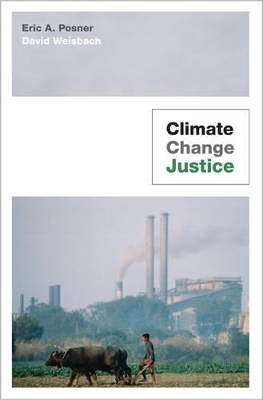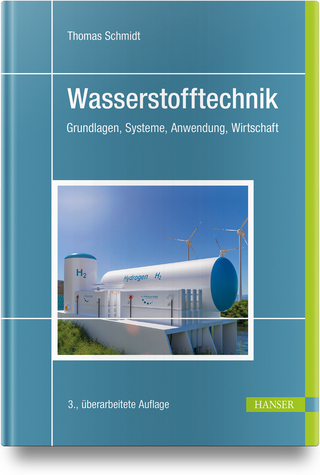
Climate Change Justice
Seiten
2010
Princeton University Press (Verlag)
978-0-691-13775-9 (ISBN)
Princeton University Press (Verlag)
978-0-691-13775-9 (ISBN)
- Titel z.Zt. nicht lieferbar
- Portofrei ab CHF 40
- Auch auf Rechnung
- Artikel merken
Favoring both a climate change agreement and efforts to improve economic justice, this title makes a case that the best - and possibly only - way to get an effective climate treaty is to exclude measures designed to redistribute wealth or address historical wrongs against underdeveloped countries.
Climate change and justice are so closely associated that many people take it for granted that a global climate treaty should--indeed, must--directly address both issues together. But, in fact, this would be a serious mistake, one that, by dooming effective international limits on greenhouse gases, would actually make the world's poor and developing nations far worse off. This is the provocative and original argument of Climate Change Justice. Eric Posner and David Weisbach strongly favor both a climate change agreement and efforts to improve economic justice. But they make a powerful case that the best--and possibly only--way to get an effective climate treaty is to exclude measures designed to redistribute wealth or address historical wrongs against underdeveloped countries. In clear language, Climate Change Justice proposes four basic principles for designing the only kind of climate treaty that will work--a forward-looking agreement that requires every country to make greenhouse--gas reductions but still makes every country better off in its own view.
This kind of treaty has the best chance of actually controlling climate change and improving the welfare of people around the world.
Climate change and justice are so closely associated that many people take it for granted that a global climate treaty should--indeed, must--directly address both issues together. But, in fact, this would be a serious mistake, one that, by dooming effective international limits on greenhouse gases, would actually make the world's poor and developing nations far worse off. This is the provocative and original argument of Climate Change Justice. Eric Posner and David Weisbach strongly favor both a climate change agreement and efforts to improve economic justice. But they make a powerful case that the best--and possibly only--way to get an effective climate treaty is to exclude measures designed to redistribute wealth or address historical wrongs against underdeveloped countries. In clear language, Climate Change Justice proposes four basic principles for designing the only kind of climate treaty that will work--a forward-looking agreement that requires every country to make greenhouse--gas reductions but still makes every country better off in its own view.
This kind of treaty has the best chance of actually controlling climate change and improving the welfare of people around the world.
Eric A. Posner and David Weisbach teach at the University of Chicago Law School.
Acknowledgments vii Introduction 1 Chapter 1: Ethically Relevant Facts and Predictions 10 Chapter 2: Policy Instruments 41 Chapter 3: Symbols, Not Substance 59 Chapter 4: Climate Change and Distributive Justice: Climate Change Blinders 73 Chapter 5: Punishing the Wrongdoers: A Climate Guilt Clause? 99 Chapter 6: Equality and the Case against Per Capita Permits 119 Chapter 7: Future Generations: The Debate over Discounting 144 Chapter 8: Global Welfare, Global Justice, and Climate Change 169 A Recapitulation 189 Afterword: The Copenhagen Accord 193 Notes 199 Index 219
| Erscheint lt. Verlag | 14.3.2010 |
|---|---|
| Zusatzinfo | 8 line illus. 11 tables. |
| Verlagsort | New Jersey |
| Sprache | englisch |
| Maße | 152 x 235 mm |
| Gewicht | 454 g |
| Themenwelt | Naturwissenschaften ► Biologie ► Ökologie / Naturschutz |
| Recht / Steuern ► EU / Internationales Recht | |
| Recht / Steuern ► Öffentliches Recht ► Umweltrecht | |
| ISBN-10 | 0-691-13775-7 / 0691137757 |
| ISBN-13 | 978-0-691-13775-9 / 9780691137759 |
| Zustand | Neuware |
| Haben Sie eine Frage zum Produkt? |
Mehr entdecken
aus dem Bereich
aus dem Bereich
Lehrbuch zu Grundlagen, Technologie und Praxis
Buch | Hardcover (2022)
Hanser (Verlag)
CHF 48,95
Grundlagen, Systeme, Anwendung, Wirtschaft
Buch | Hardcover (2024)
Carl Hanser (Verlag)
CHF 139,95


